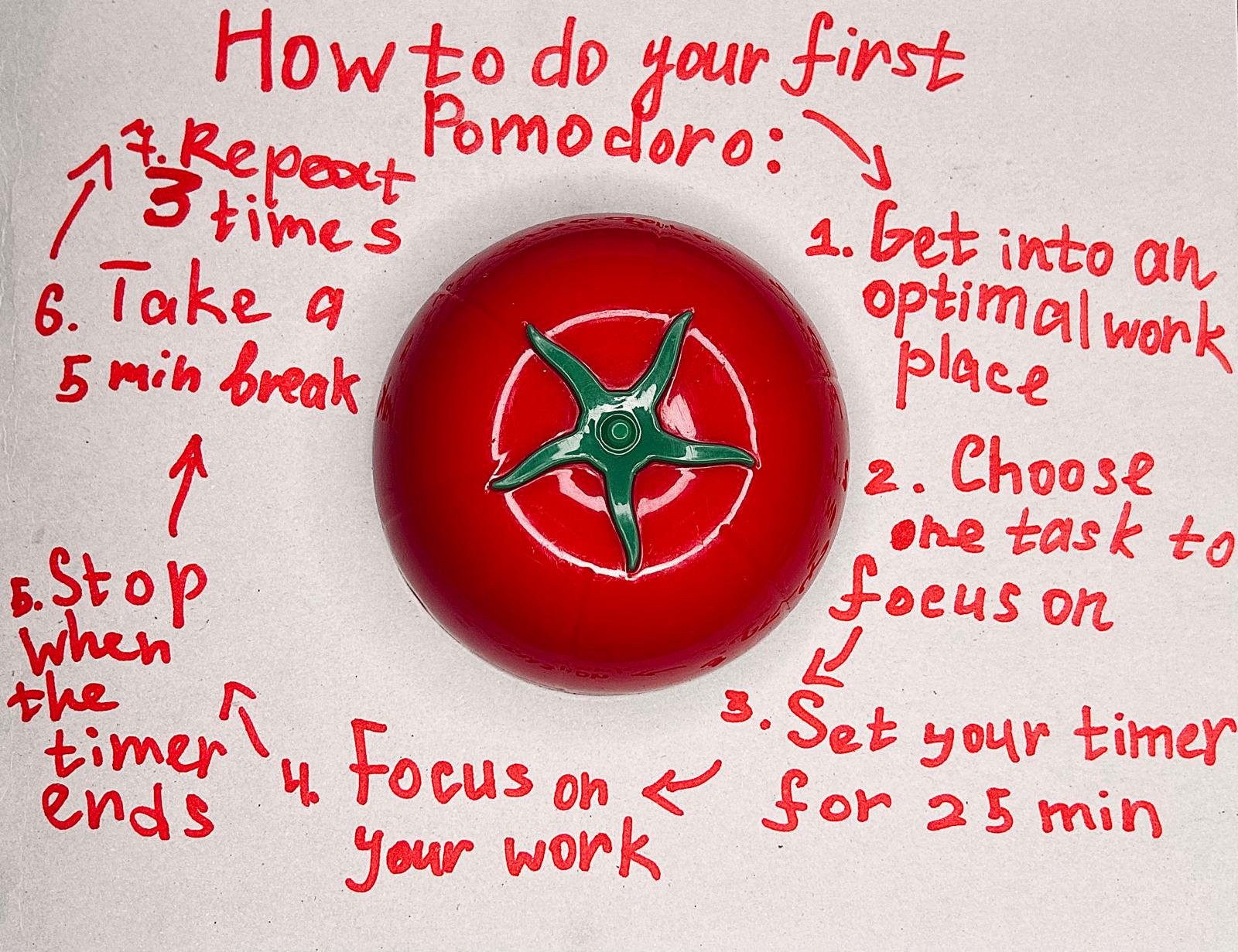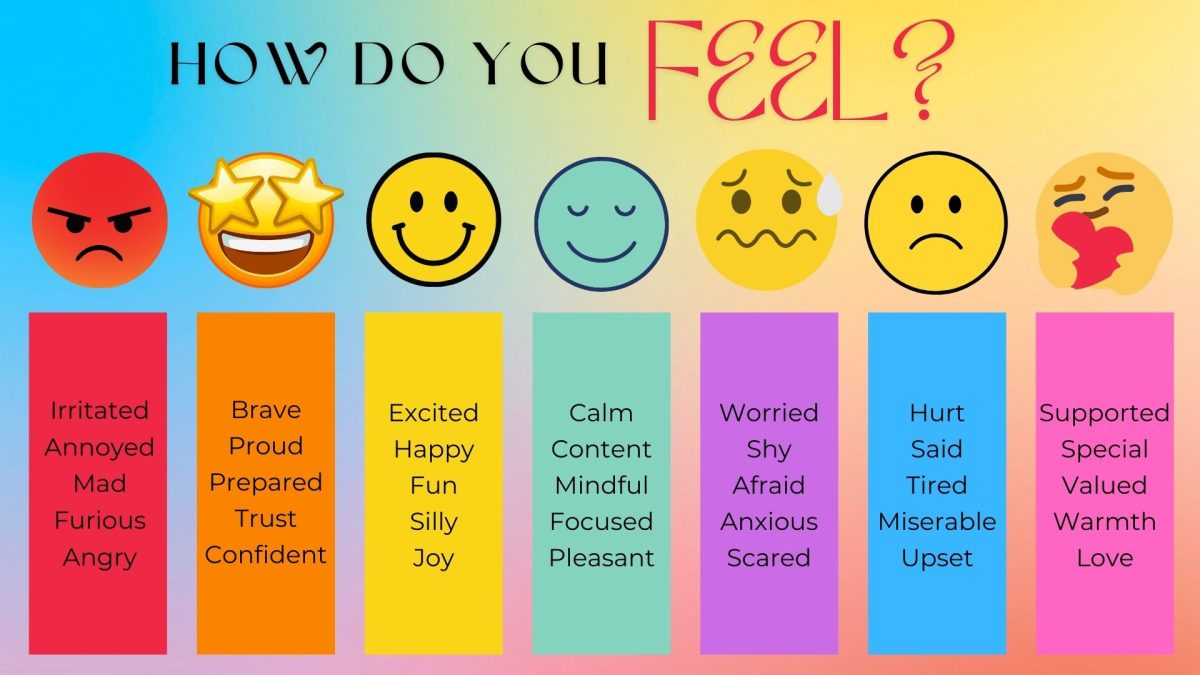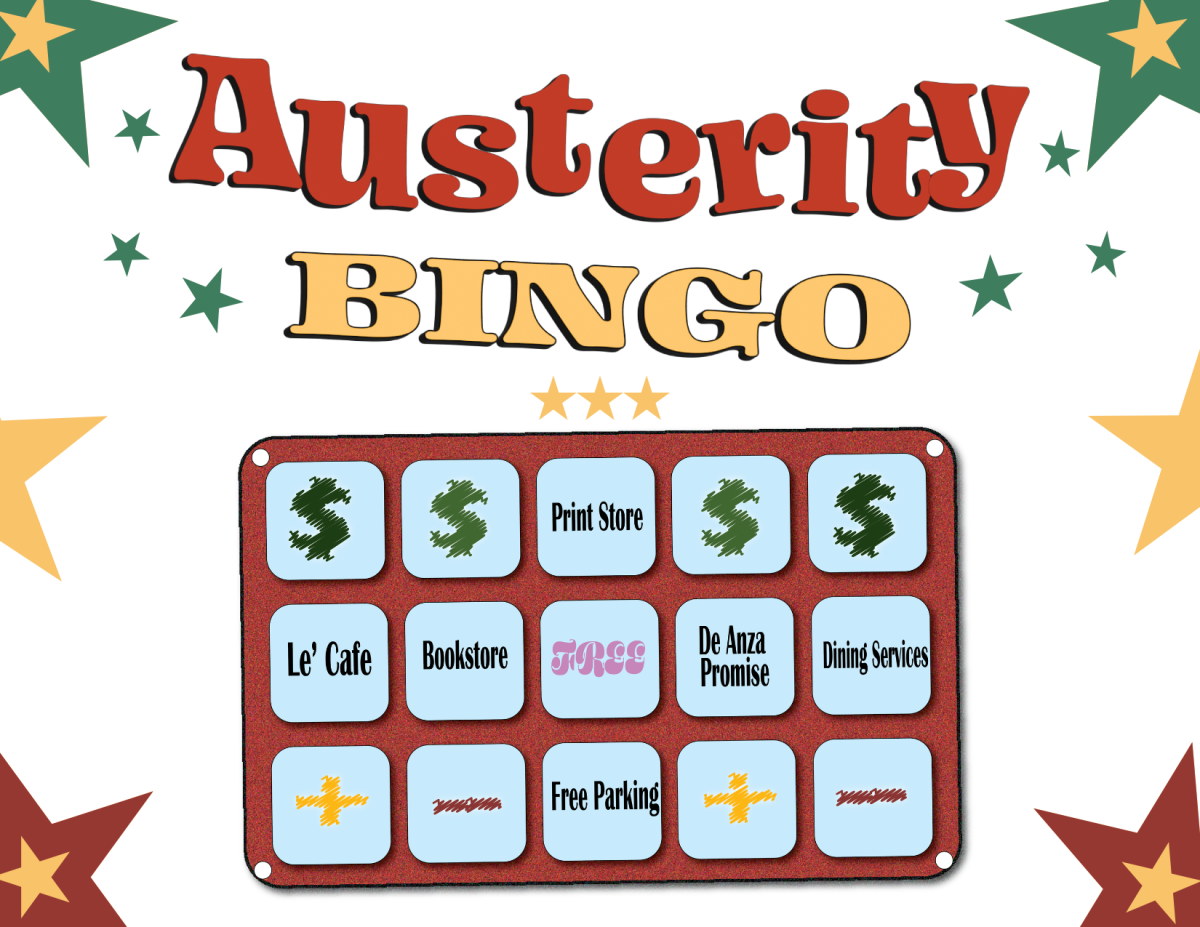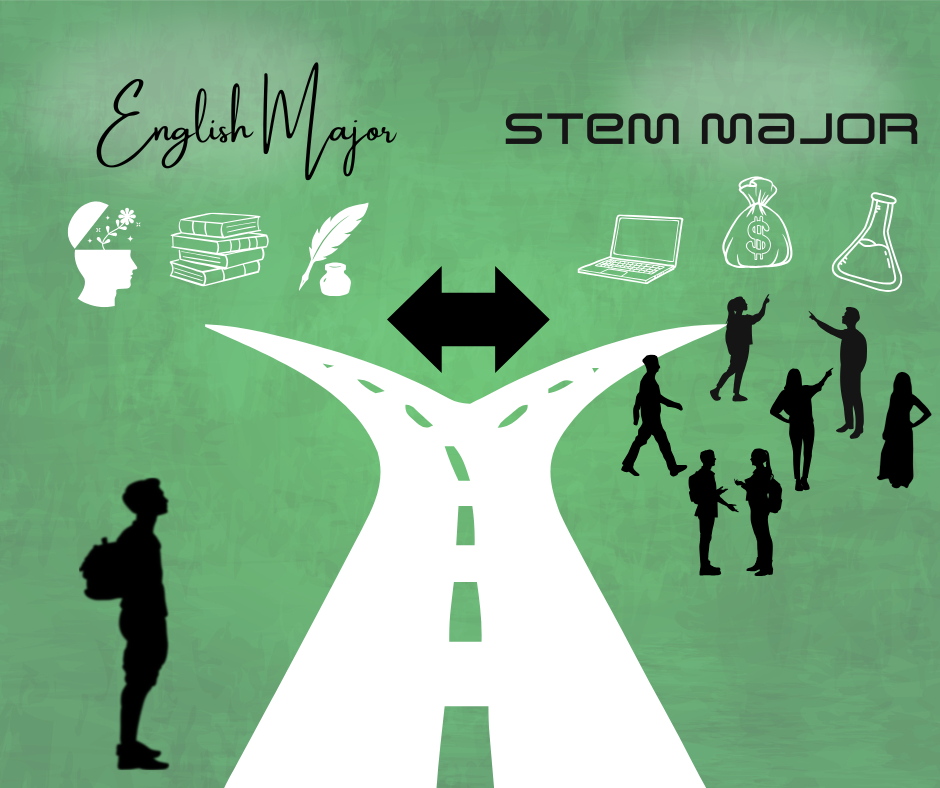The moment you are born is one of the most exciting and important times in life. The ability to see, walk, hear, and experience everything on your own is a big gift, but over time, a lot of people forget the joy and presence they used to carry as young children.
That’s why it is important to remain true to your young self and allow yourself to have positive experiences like the ones you had in childhood.
People change in rapid and unexpected directions and it all seems to be with the question: “Who am I?” This transition usually spans from the conscious age of 18 to 35 years, when young adults face different issues that lead to establishing one’s identity and character.
This complex question sparks curiosity and the quest for knowledge, with only one exception here: fear. Fear of being seen, heard and expressed. In order to overcome fear you have to be familiar with the struggles that teenagers face nowadays.
According to Dr. Hector Rodriguez, there are nine common struggles of young adulthood. These are the three most important to consider:
Struggle one: mental health issues
Being an adult can involve coping with heavy loads of stress and pressure.
There are days when you feel at your worst and nothing seems to help at the moment. Many seek support from various sources, which may include friends and family members, college mental health resources, psychologists and possibly even professors. People ask questions and expect answers that help.
The specialist’s reply is that there is no right or wrong here.
Only you can decide on your own well-being and find ways of making your mood better.
Here’s a suggestion to help yourself while experiencing hardships:
Use a “Feelings Chart” to determine exactly how you may be feeling.
For example, you find yourself feeling down but don’t know what kind of emotion you are experiencing.
Let’s say I just came home from college and my mom yelled at me for not cleaning my room. So I ask myself: “How do I feel?” I look into the “Feelings chart” and find an angry emoji, then, I look into the list of feelings under it and ask myself another question: “Which emotion am I experiencing?”
Is it irritated, annoyed, mad, or angry? Maybe it’s all together. Let’s say I am mad.
In the same situation, you can feel sad or even hurt, then you find another emoji and follow the same steps. It’s always important to know how you feel and why you feel this way.
Remember that when you ask yourself these simple questions, you are asking your inner-child. It’s like mom or dad asking their kid if they’re okay, the only difference is that you are a parent for yourself and you are taking responsibility.
Struggle two: independence and responsibility
Adults all strive to make their way in the world. We may know about typical tasks such as cooking, cleaning, managing the household on our own, buying groceries and shopping.
However, there are many who are not even prepared for those tasks. That’s why it’s vital to learn how to plan in advance, and write down your expenses all while exploring new hobbies, staying busy and advancing one’s education at the same time.
Struggle three: time management
Balancing all aspects of life is a challenge in a fast-paced society, that’s why it is vital to understand concepts of time management.
The Pomodoro (Italian) Study Method can help a lot with organizing one’s schedule.
The method is simple: 25 minutes of focused work, followed by a five-minute break in-between. This method is very useful and popular among college students.

Keeping your inner child alive helps you to remain true to your own self and be present, keeps you motivated to move forward through all the difficulties on the path to adulthood, and helps one become more aware of mental health issues and to distinguish between feelings.

















